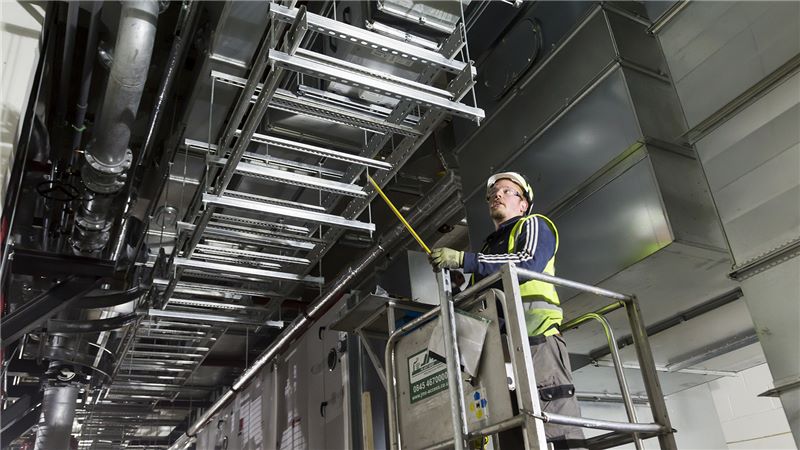Perspectives
The future of global construction could be British
The future of global construction could be British – but only if we’re prepared to go out and grab it. If we don’t we’ll risk losing out on a huge opportunity.
Having largely missed the huge productivity gains seen in other industries in the last forty years, the global construction sector is now finally waking up to the transformative impact of the next generation of construction technology and innovation. One of the reasons why it has been slower than most is the way in which construction adopts new innovations. In many industries, new ideas and techniques can quickly become global. Once you’ve introduced a new type of phone in one market, it’s relatively easy to do so in another.New ideas in construction spread much more slowly – or at least they have done so far. Every country has its own regulations, labour market issues and materials constraints. Low margins and high-risk projects make it harder to build a business case for innovation, and so risk-averse clients are happy to ignore new developments and build every project in the same way they built their last one.
The reality is that in many countries – even some of those with relatively developed economies – the local construction industry is just not yet mature enough to take advantage of a lot of new technology without help and input from consultants who have mastered these new technologies elsewhere. For those of us working to deliver infrastructure programmes and construction projects globally, this can be frustrating; but it also represents a huge opportunity. The UK is leading the way on much of this innovation; and as our industry transforms itself we have a chance to help others do the same.
On BIM, for example, we are already seeing huge demand for British expertise overseas. Our Government’s radical and forward-looking BIM mandate has forced almost every UK contractor and consultant to familiarise themselves with the benefits and opportunities on offer from BIM.
In Peru, for example, the UK project delivery team for the Lima 2019 Pan-American Games – led by the Department for International Trade (DIT), and supported by Mace, Arup and 4Global – introduced BIM on the delivery of the venue infrastructure. Alongside ensuring smooth project delivery on time and under budget, the programme helped to drive adoption in the wider local construction market and left a positive post-Games legacy.
The DIT has identified this as a huge opportunity and has rightly jumped on it. They’ve formed a working group to explore how UK consultants can leverage our particular expertise in BIM and other digital construction tools to help transform international project delivery.
We’re a keen member of that group, alongside a number of our peers, and we couldn’t be more supportive of the DIT’s efforts to sell this particular UK expertise more widely. Alongside a wider programme of promoting British engineering and construction expertise all over the world – back up by support and financing from UK Export Finance – that effort has the potential to put the UK in the forefront of global project delivery.
With Brexit on the horizon, we need to ensure that our sector is in the right shape to go out, identify opportunities and be ready to sell British expertise all over the world. If we don’t, we’re going to miss out.
We need to be conscious that our competitors are not standing still. American consultants have decades of experience selling their expertise across the globe, and Chinese companies are being driven forward by a global investment programme on a vast scale.
Our competitors will not wait for us if we don’t move quickly, and if we fail to effectively leverage our position we will soon be forgotten. With the right support from Government and the right drive and attitude from industry, we could put British expertise at the heart of every global programme and construction project, generating huge revenues for the UK economy and helping to ensure better project delivery all over the world. If we don’t, that prize will go to someone else, and our sector will be the worse for it.
This article was originally published in Building.













